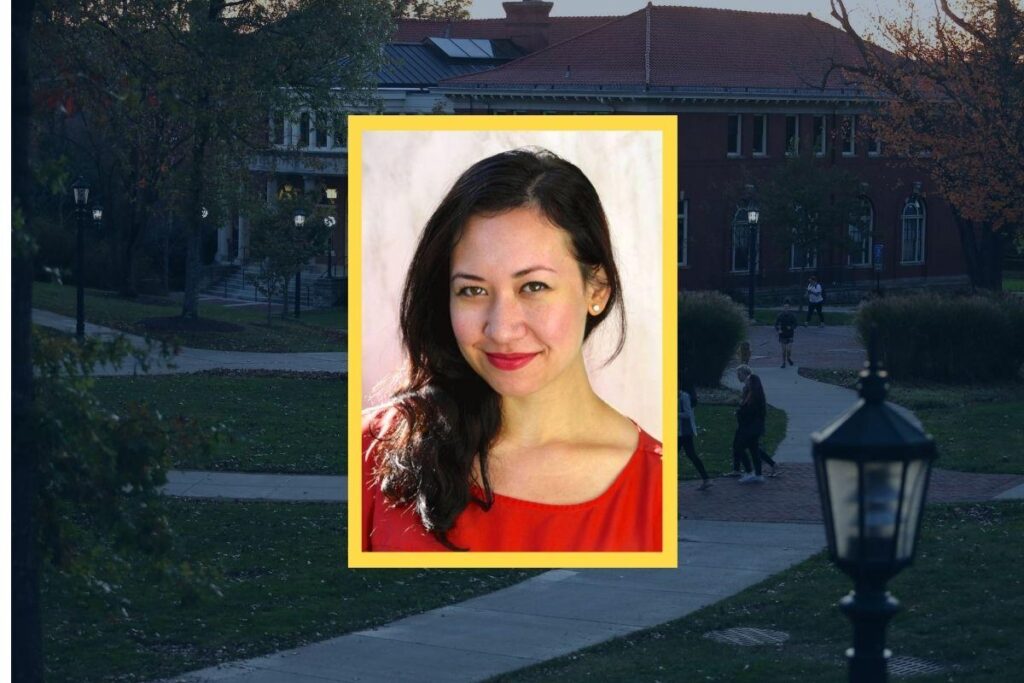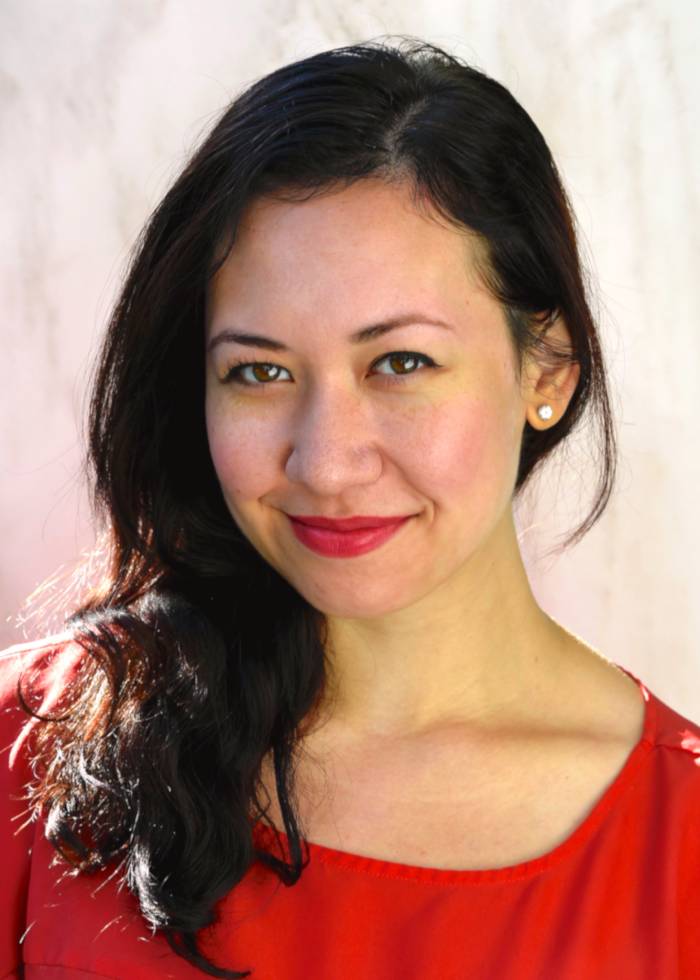

Katrina Tulloch
For Katrina Tulloch ’11, journalism is an adventure that takes her to radically different locations and allows her to meet new people. Each day is different — one day, she’s covering hard-hitting court cases, and the next, she’s featuring a zoo opening.
Tulloch works as a video journalist for The Post-Standard and Syracuse.com, but she plays many roles. Reporter. Music critic. Food writer. Photographer. Videographer. Podcast producer.
“I always wanted to be a journalist, but I didn’t know what kind of journalism to pursue. At Allegheny, I could try everything,” says Tulloch, who majored in English and minored in political science. “My professors taught me to think critically about current events through the lens of history, or racial injustice, or sustainability. This helps me every day, as we make sense of the world through our news gathering and reporting.”
Tulloch says that learning news writing during her second year at Allegheny set a solid foundation for her journalism career. Courses in creative writing, documentary production, media criticism, and poetry helped strengthen her voice as a storyteller.
At Allegheny, Tulloch served as news editor for The Campus student newspaper, was involved in AFTV, and helped found the student-led literary magazine Overkill. These editorial experiences encouraged Tulloch to hone her writing skills and grow as a leader.
After completing her bachelor’s degree, Tulloch earned a master’s in journalism from Syracuse University. Later she would complete an internship with the Roanoke Times, which led her to her current position in Syracuse.
The video journalist has had her photos published in The New York Times, The Washington Post, the Los Angeles Times, People Magazine, and other newspapers worldwide. She also has helped produce an Emmy award-winning investigative video series about a rogue Alcoholics Anonymous group that used dangerous practices to keep people sober.
“It feels rewarding to help expose corruption or abuses of power, so our community can find solutions and heal,” says Tulloch. “This sort of coverage is difficult, but it saves lives and makes our community a safer place.”
Tulloch encourages current students who are curious by nature to look into the field of journalism because they get to speak to everyone and see places others never get to see.


